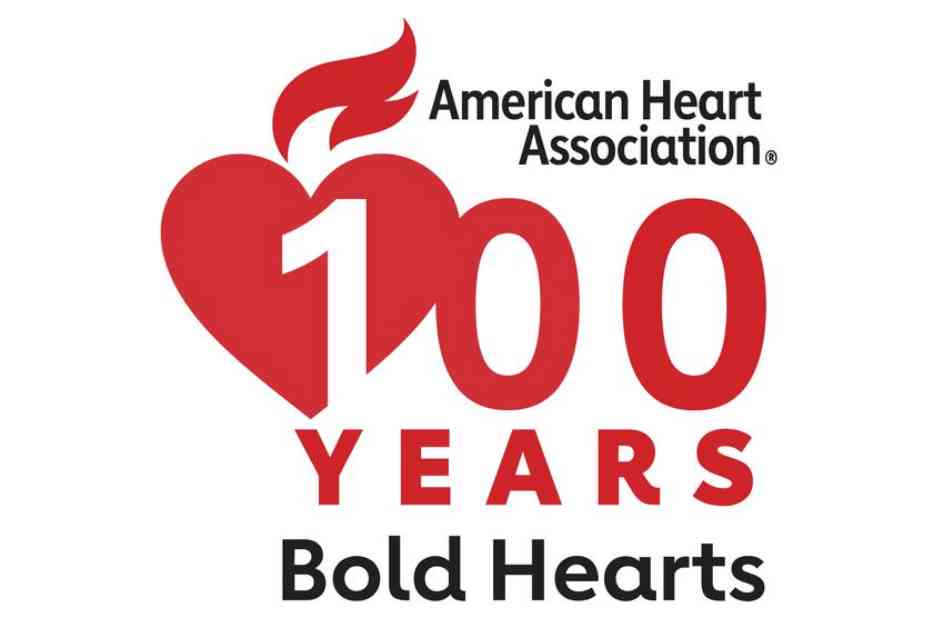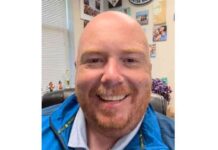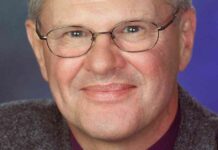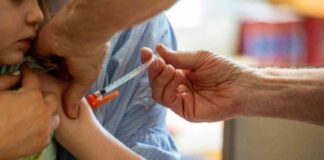Community-Driven Research Funding: $20M to Reduce Inequities and Improve Health Outcomes
In an effort to address health disparities and improve overall health outcomes, a groundbreaking $20 million research initiative has been launched. This initiative, funded by the American Heart Association and the Robert Wood Johnson Foundation, aims to engage communities most affected by health inequities in the development of solutions that can positively impact their health and well-being. The collaboration between these two leading organizations will fund four research grants that promote collaboration between research scientists and community leaders to drive community-driven research projects focused on saving lives and enhancing health.
Engaging Communities for Research Collaboration
The American Heart Association’s Health Equity Research Network (HERN) on Community-Driven Research Approaches is at the forefront of this initiative. Teams of scientists from renowned institutions such as Furman University, Yale University, and the University of California-San Diego will work in collaboration with community-based organizations in California, New York, and South Carolina. The University of Texas Health Science Center at San Antonio will serve as the community engagement resource center for the network, providing essential support and expertise for training, consultation, and data coordination.
Dr. Keith Churchwell, the volunteer president of the American Heart Association, emphasized the importance of this research network in advancing cardiovascular health for all. By identifying and addressing barriers to healthcare access and quality, promoting equity, diversity, and inclusion in science, and fostering diverse research efforts, this network aims to empower communities to take charge of their health and well-being.
Dr. Alonzo L. Plough, the Chief Science Officer of the Robert Wood Johnson Foundation, highlighted the significance of community-driven research in advancing health equity. By working closely with communities most affected by health inequities, this collaborative effort aims to bring about innovative changes in clinical research that better address health equity, improve health outcomes, and build trust in the research process.
Key Research Projects
The $20 million initiative will fund three targeted research projects over the course of five years:
Advancing Food Justice Through Partnered Community-Driven Research – University of California San Diego and YMCA of San Diego County: Led by Dr. Cheryl A.M. Anderson and Earl M. Felisme, this project focuses on advancing food justice in San Diego County by reimagining the flow of resources, information, and wisdom between communities, academia, and institutions. By supporting community-led initiatives and scientific methods programs, the team aims to promote access to healthy and sustainable food for all, ultimately improving cardiovascular health outcomes.
JUSTResearch, FamJUSTICE, and InJUSTICE – Yale University SEICHE Center for Health and Justice and JustLeadershipUSA: Dr. Emily Wang and DeAnna Hoskins are leading this project, which focuses on addressing health disparities among individuals who are incarcerated and their family members. By engaging with formerly incarcerated individuals to identify health barriers and collect data on prevalent health risk factors, the team aims to develop interventions to improve health outcomes in this population.
Amplifying Community Power in the Research to Identify Systems Changes Towards Health Equity – Furman University and LiveWell Greenville: Dr. Melissa Fair and Sally Wills are leading this project, which aims to empower underrepresented communities to have a more powerful voice in community-based research projects. By studying community power perceptions and local government stakeholder views, the team will develop a model for training individuals to be more engaged in their communities, ultimately improving chronic disease outcomes and health equity.
These research projects are part of the Health Equity Research Network on Community-Driven Research Approaches, the fourth health equity research network funded by the American Heart Association. Previous networks have focused on improving access to care and health inequities in rural America, disparities in maternal-infant health outcomes, and hypertension prevention in underserved populations.
The Impact of Community Engagement
The University of Texas Health Science Center at San Antonio’s CONNECTOR team, led by Dr. Vasan Ramachandran, plays a crucial role in supporting the network teams in identifying, evaluating, and managing community-based solutions for combating heart disease. By training the next generation of students to work effectively in communities and learn from community members, the team aims to drive meaningful change and share key learnings from the research projects.
The collaborative efforts of the research teams, community organizations, and academic institutions involved in these projects are essential in advancing health equity, promoting diversity and inclusion in research, and addressing health disparities at the community level. By engaging with communities most affected by health inequities, these initiatives have the potential to bring about transformative changes in healthcare delivery, research practices, and health outcomes.
In Conclusion
The $20 million community-driven research funding initiative led by the American Heart Association and the Robert Wood Johnson Foundation represents a significant step towards reducing health inequities, improving health outcomes, and empowering communities to take charge of their health. Through innovative research projects that prioritize community engagement, diversity, and inclusion, these initiatives have the potential to drive meaningful changes in healthcare delivery, research practices, and health outcomes. As we celebrate the 100th anniversary of the American Heart Association, we look forward to a future where health is no longer a privilege but a fundamental right for all individuals and communities.

















